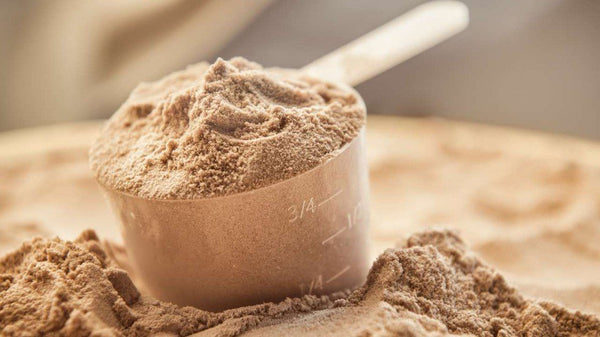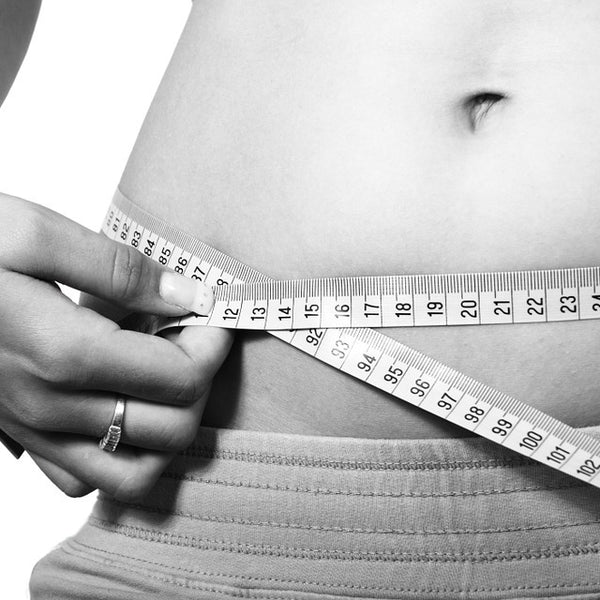
How does Sugar affect Weight Loss?
How does Sugar affect Weight Loss?
When metabolised by humans, all sugars deliver 17 kilojoules of energy per gram of sugar absorbed. The body has an immediate need for glucose for its various metabolic functions.
When humans are active, this energy
Sounds like a good system;
When humans consume a moderate amount of any sugar on a regular basis, it’s more likely that
If you are hoping to reduce body weight, regular consumption of significant quantities of sugar may impede weight loss.
When we consume food containing carbohydrate, the pancreas releases insulin to help metabolise this nutrient. If the diet is high in carbohydrate, the amount of insulin circulating around the blood increases. Some individuals develop insulin resistance which means that their body doesn’t utilise their insulin well and the pancreas has to produce even more insulin to process the carbohydrates consumed.
Unfortunately when insulin in the blood is present at a high level, the body doesn’t utilise stored fat well which is needed for sustained weight loss to occur. This is one of the reasons that weight loss advice often recommends exercising in the morning before eating - in a “fasted” state, we are more likely to use up stored fat for energy needs.
In addition, when we eat sugar our blood sugar, the brain’s reward system encourages us to eat more sugar and over-consumption may result. In response to eating sugar, our blood sugar initially rises and then insulin produced by our pancreas causes it to fall about 1 to 3 hours later. As the blood sugar falls, it can trigger symptoms of hunger and compel us to eat. This often results in additional snacking which may counter efforts to lose body weight. Ideally, you want to avoid blood sugar fluctuations and aim for a more level blood sugar curve.
It follows then that one way to encourage weight loss is to limit sugar consumption to sugars contained in vegetables. It’s not feasible to avoid sugar entirely; but you can restrict added sugar intake and choose to eat fruit naturally low in sugar such as berries on occasional basis.
If you consume a large amount of milk (small amounts are not significant), the lactose, which is naturally present in milk, may also slow weight loss.
Consider very low sugar milk alternatives such as Almond milk or Coconut milk and yoghurt (but beware of added sugar). For meals, eat
Starchy foods such as conventional bread, potato, pasta and rice ultimately convert to sugar in the body so it may be useful to restrict these as well to also encourage weight loss.


